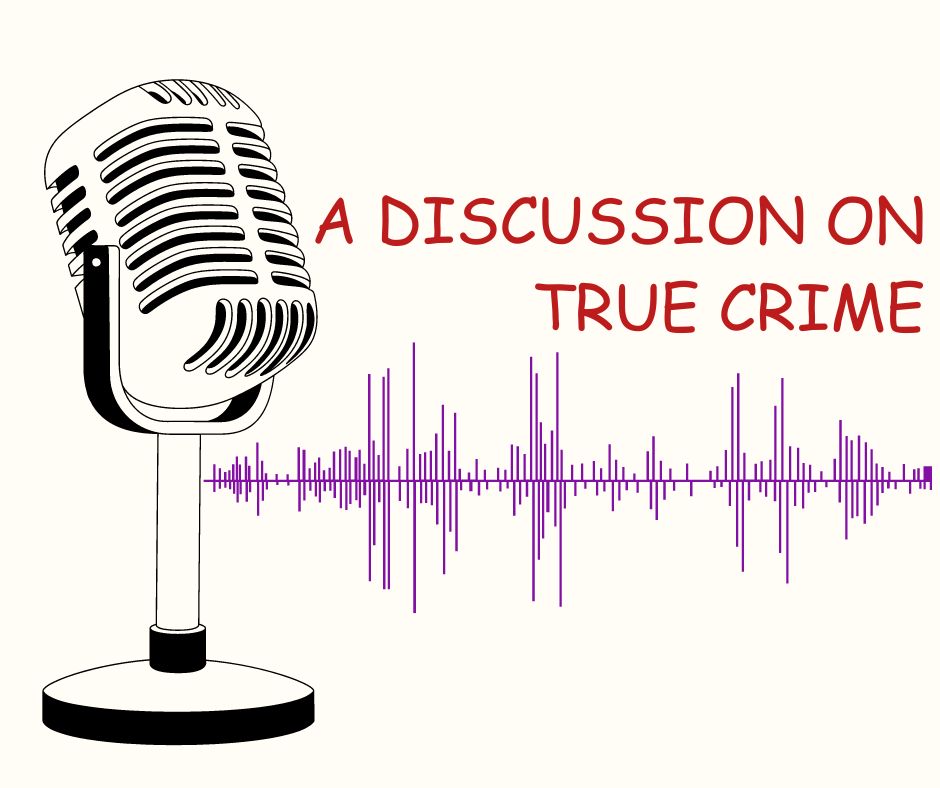“Blue Jasmine” sets up the perfect platform for contrasting appreciation. In this Woody Allen film, and arguably in some of his other films, there is a veil of chauvinism making it hard to separate the artist from his work.
In this story, Jasmine, a New Yorker socialite, clashes with the reality of working-class. Played by Cate Blanchett, Jasmine loses everything due to some incidents her husband Hal (Alec Baldwin), a womanizer and financial fraud, was involved in.
With no money in the bank nor income, Jasmine has no option but to leave New York for San Francisco to stay with her sister Ginger (Sally Hawkins). Jasmine’s pathological obsession with status and affluence is challenged when she has no choice but to adapt to her new reality.
As a viewer, the severity of help Jasmine needs is clear and her episodes of panic, compulsive lying and anxiety can all be linked to her frequently talking to herself.
On the surface Ginger is aware of what her sister is going through. However, Ginger also has her own worries that seemed to have only heightened since Jasmine moved in. As a result, Jasmine doesn’t receive the right type of attention she needs.
Allen has written all the female characters disapprovingly and perhaps this is where his personal prejudice comes into play for “Blue Jasmine.”
Ginger is a victim of female stereotypes and her rendezvous with the seemingly sweet man she meets, who failed to mention he was married, doesn’t give her a reassuring sense when decides to go back to her ex-boyfriend who is also very flawed.
Ginger’s boyfriend may be seen as funny, lovable and relatable; he also is an unpredictable, hotheaded alcoholic, of which Jasmine is very disapproving, though probably for some of the wrong reasons. The strong contrasting characterization of good and bad is distasteful; Jasmine, being a judgmental, shallow and disapproving sister versus the irrational yet, charismatic and charming boyfriend.
Furthermore, Baldwin’s character is also problematic. Though he may just be there to support the plot, we see only his success and praise and then everything that falls on him is because of Jasmine, Allen’s villain.
Though she had no part of the fraudulent financial binges of her husband, and often times had a “Habit of looking the other way when she [knew] something,” as such of his cheating tendencies, Jasmine is the emotion-driven, anguished female antihero.
Now that being said, Blanchett does astounding work making up for her character through her acting by taking a villainy female role and making her sympathetic, absorbing and well worth watching.
All in all, the delusions of every character are exposed and that is what makes this film about reality. Though it is in an obvious misogynistic perspective, there is still much to appreciate at the same time.
Special Lovincey / Columnist
Special Lovincey can be reached at
[email protected].






